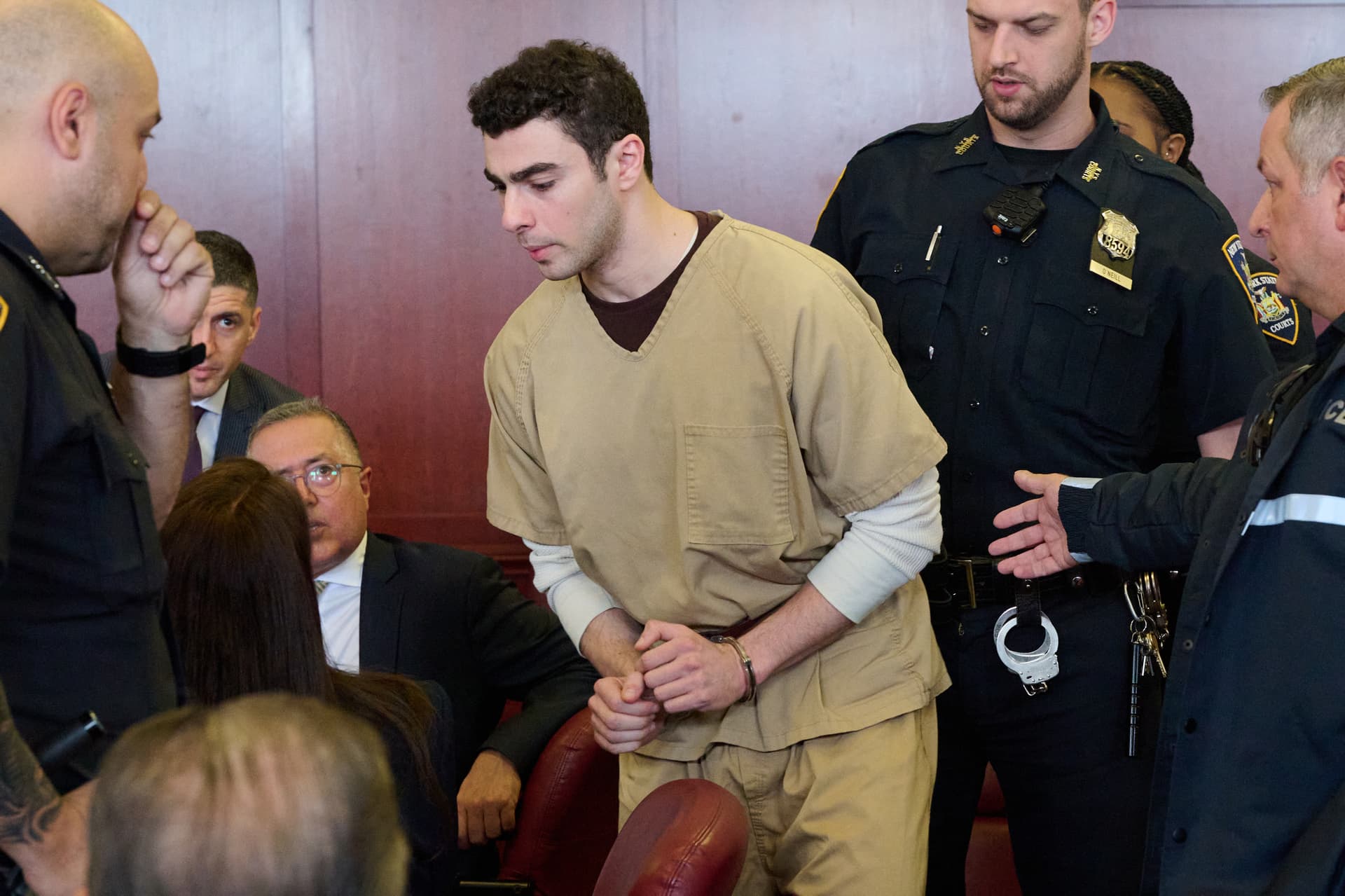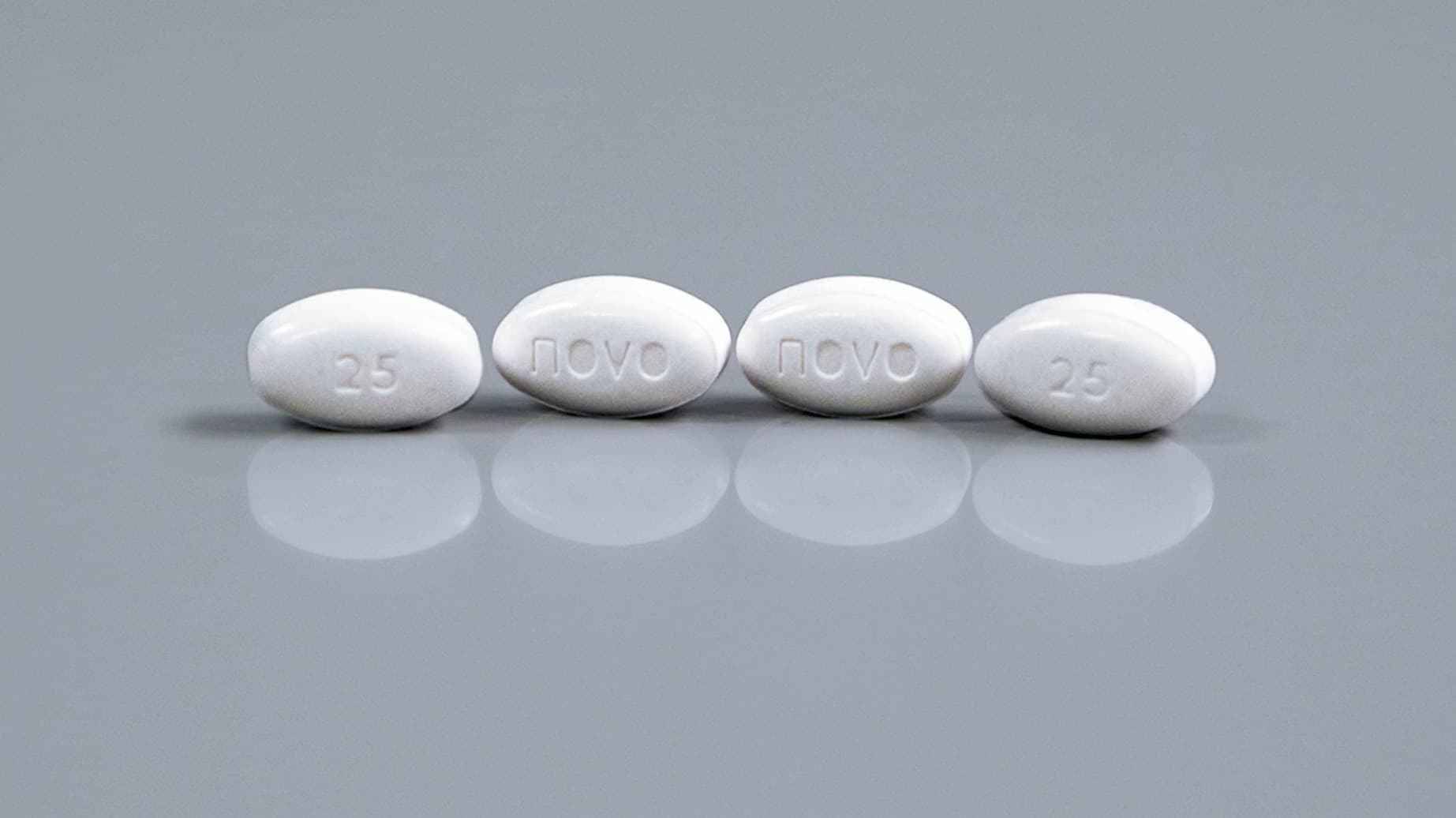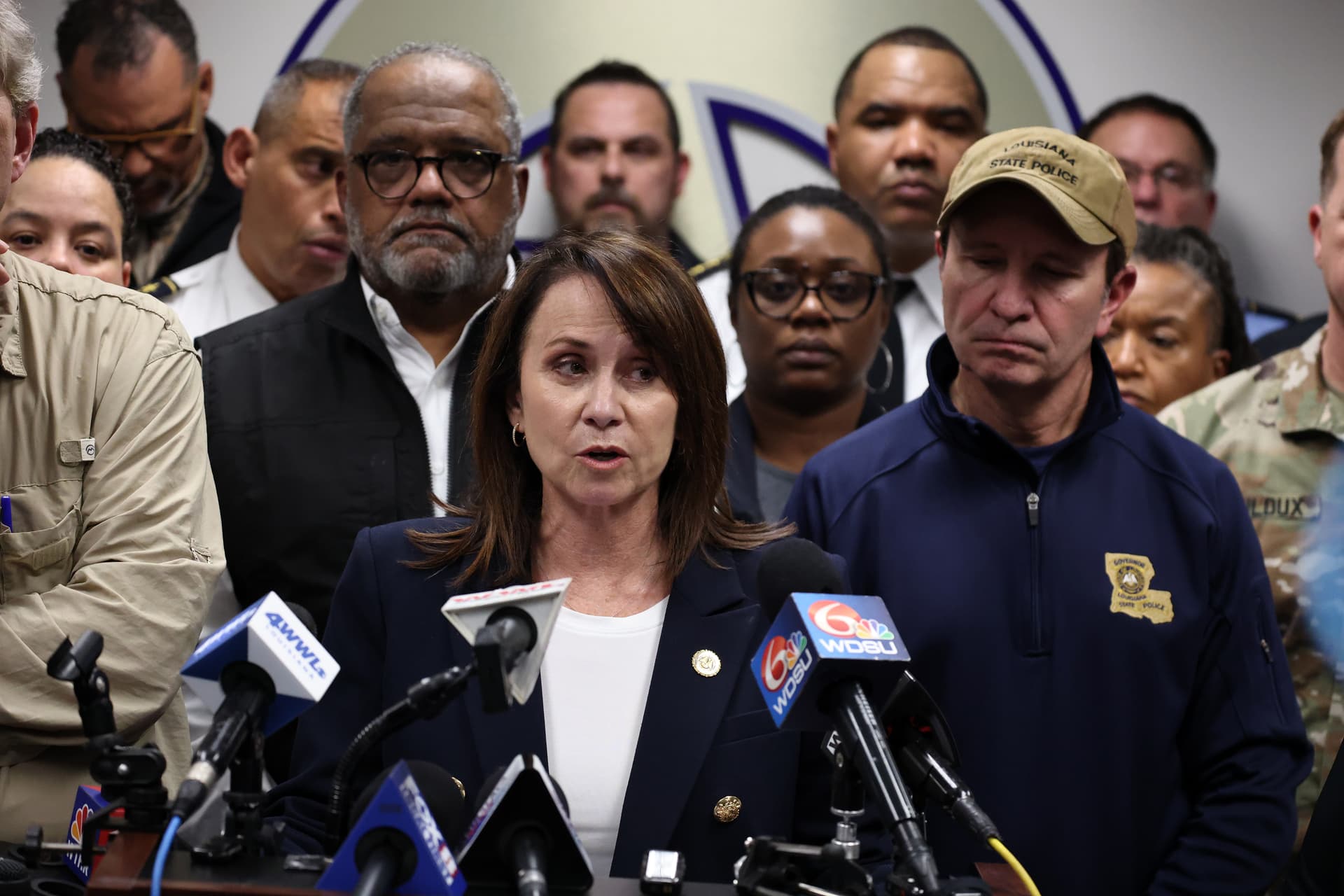
Economical Horror Indie ‘The Arborist’ Outshines Ryan Coogler’s ‘Sinners,’ in Many Respects
By MARIO NAVES
|The three are seeking to reinforce what amounts to a de facto alliance amid political turmoil in America, impending change in leadership in Japan, and opposition in South Korea.


By MARIO NAVES
|
By LUKE FUNK
|
By MARIE POHL
|
By DAVID JONES
|
By NOVI ZHUKOVSKY
|
By DONALD KIRK
|
By LUKE FUNK
|
By BRADLEY CORTRIGHT
|Already have a subscription? Sign in to continue reading
$0.01/day for 60 days
Cancel anytime
By continuing you agree to our Privacy Policy and Terms of Service.